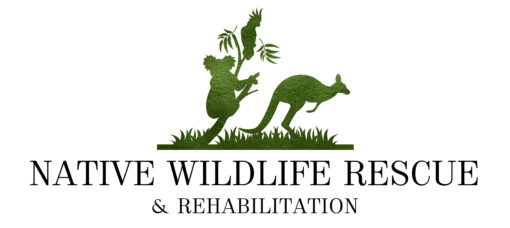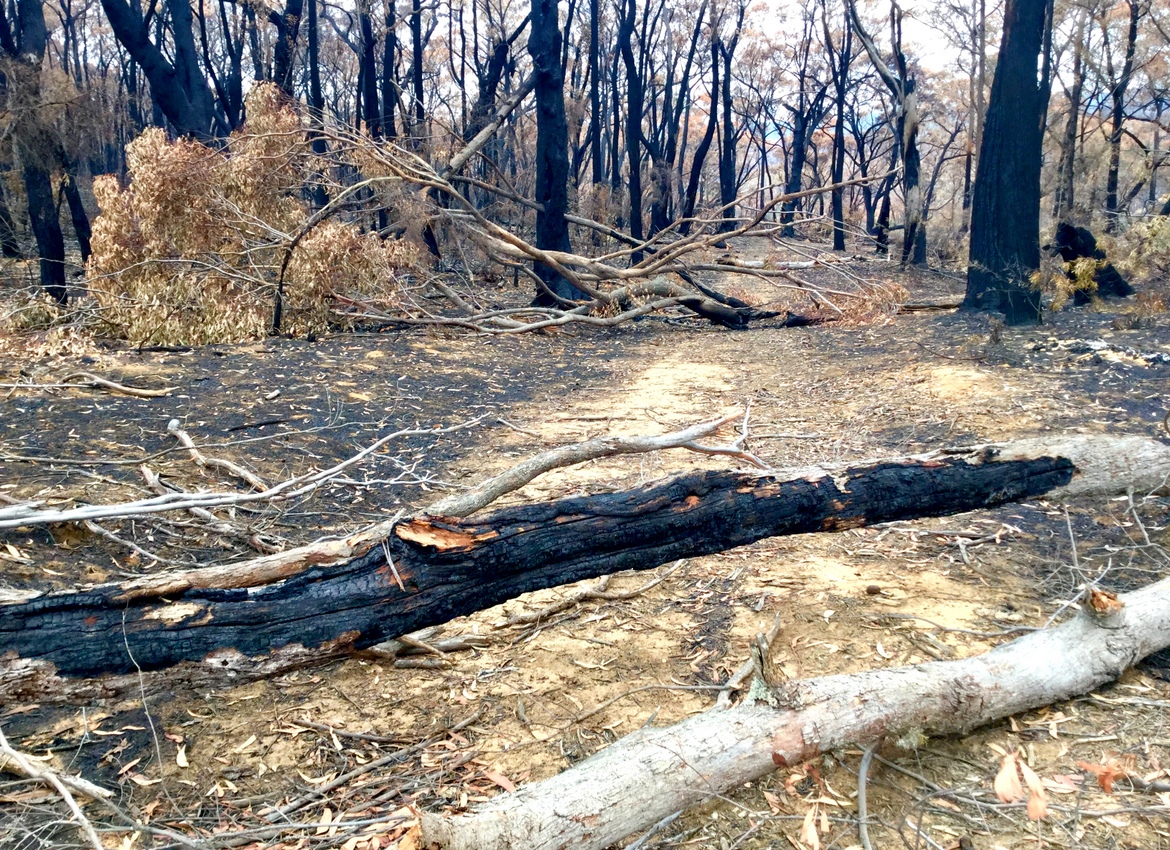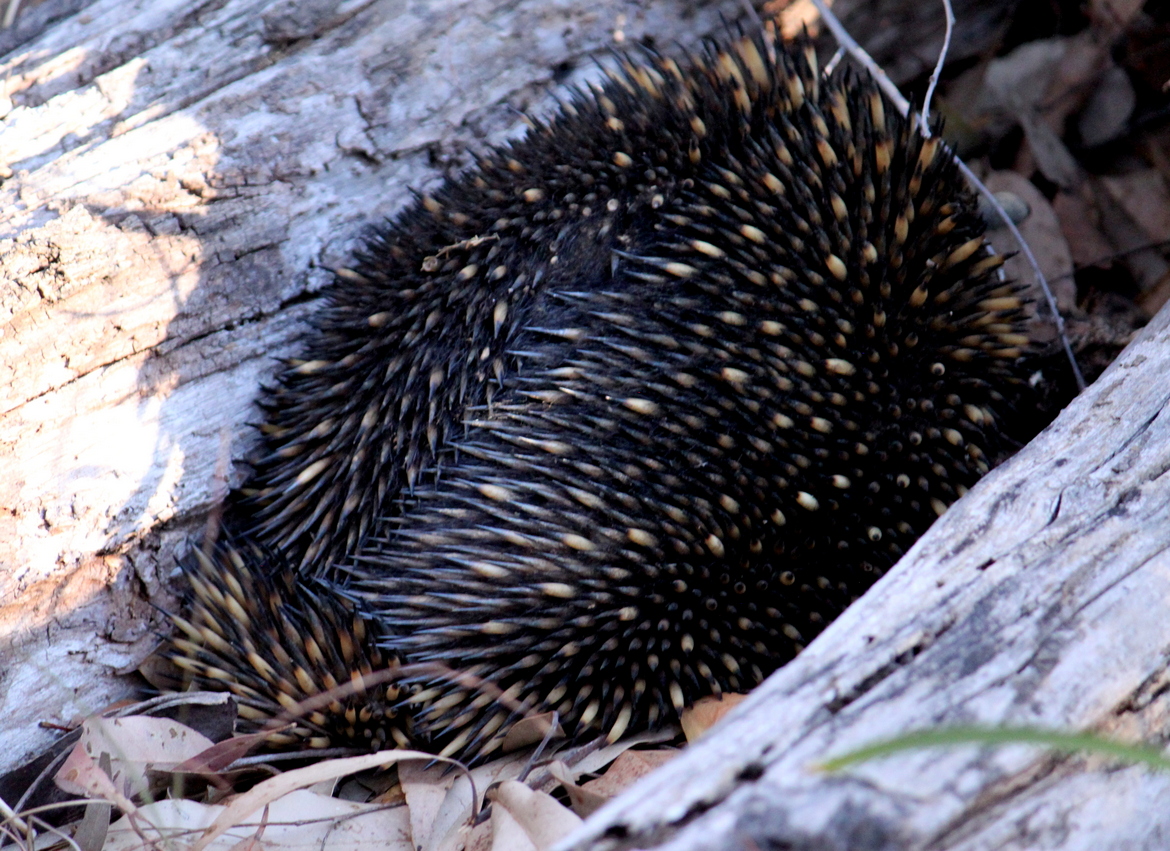Like much of Southern and Eastern Australia, the Southern Highlands saw two infernos ravage our communities and pristine bushland during the Black Summer season of 2020. Tragically, lives were lost; homes, outbuildings and habitats were destroyed, and vast wildlife, including koalas, kangaroos, wombats and wallabies, either perished or struggled to survive in the aftermath.
Despite the travesties, people across Australia and around the globe responded in many extraordinary ways.
We worked with Woolworths and Harris Farm management in Bowral and established morning and evening food stations for five weeks near drought-ravaged paddocks and the smouldering bush tracks that traced reserves and state parks.
We saw a scene of total devastation. Here’s what our long-time team member, Jennifer Campbell said of Werai State Forest.
The infernos in some parts of Werai State Forest were so intense that no form of life remained in the aftermath. It was a scene of total devastation. The sight of charred trees and burnt-out burrows. The smell of the smouldering ash. And the eerie stillness of the bush — always the haunting silence. No matter where I went, I looked straight into the face of a ghost forest.
View: Jennifer’s on-location images of Werai State Forest in the aftermath of the fires in our gallery.
Woolworths Bowral additionally provided us with feed containers, water bottles, water bowls, pillowcases, gloves, blankets, a medical kit and feather dusters [in the event of finding injured birds]. Other generous community supporters sent us bat wraps, knitted pouches for joeys and myriad first aid supplies.
There was no stockpiling. The donated items were utilised swiftly and precisely in the field and at our sanctuary.
We also sent several large boxes of fruit to the Shoalhaven Bat Clinic in Bomaderry for the hundreds of bats that were in rehabilitation.
Thanks to everyone for the community spirit, care and dedication — especially the region’s local vets and firefighters. Also, to Woolworths, Harris Farm and other volunteers, including the generous community members. And Jennifer, who organised, collected and distributed the food daily in the field.
Similarly, there was never a shortage of field rescue call-outs in conjunction with other wildlife rescue operators. Thank you to all!
Woody and Kerstin.
###
NOTE TO THE COMMUNITY | Please view this vital link for further information on feeding wildlife.


